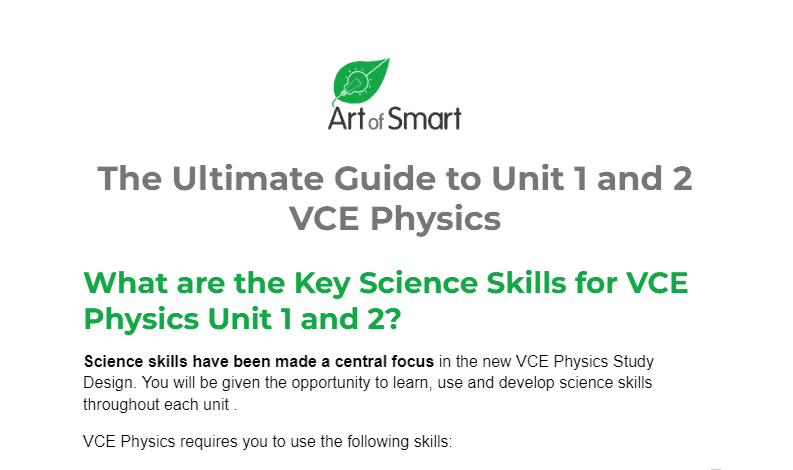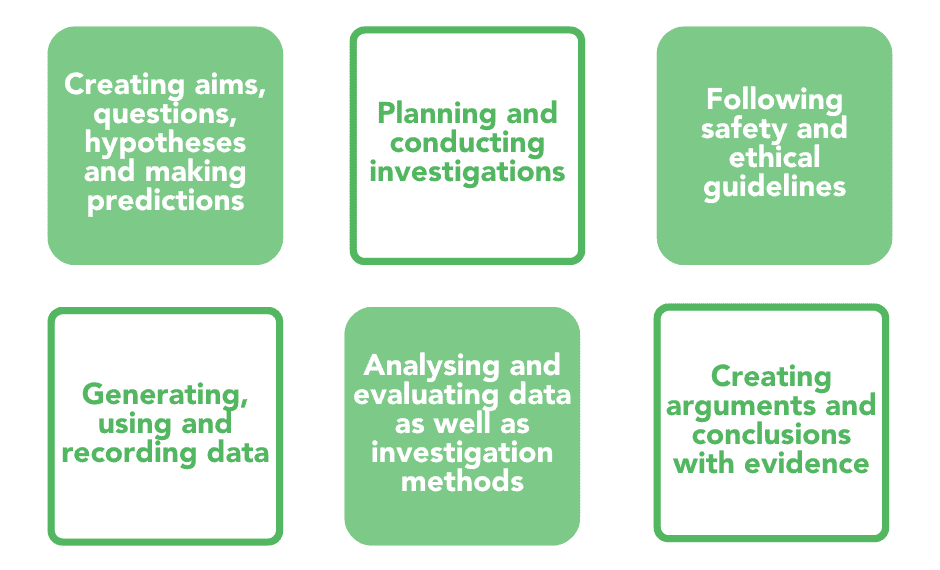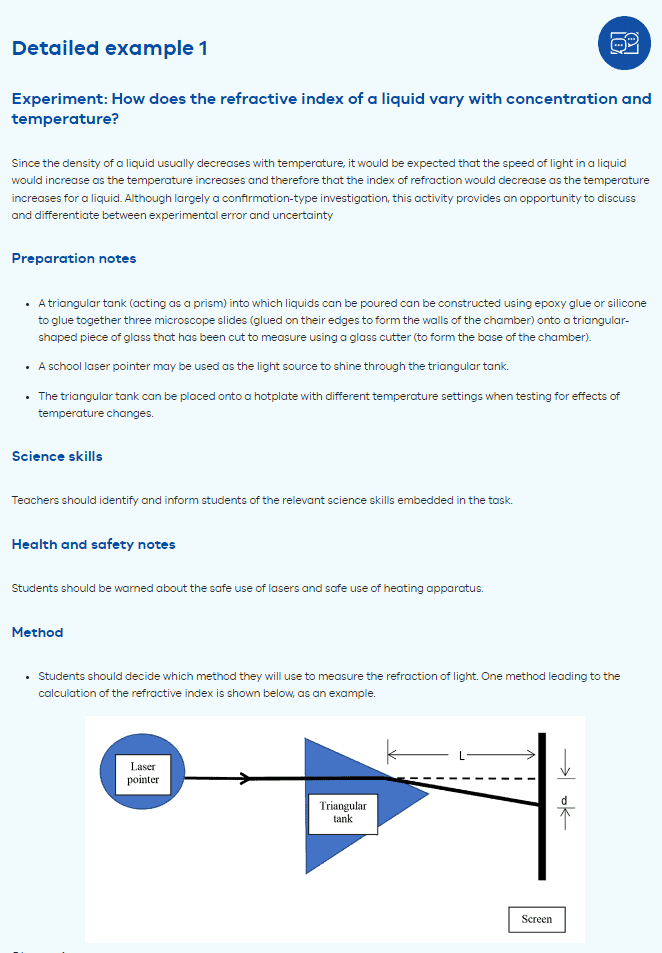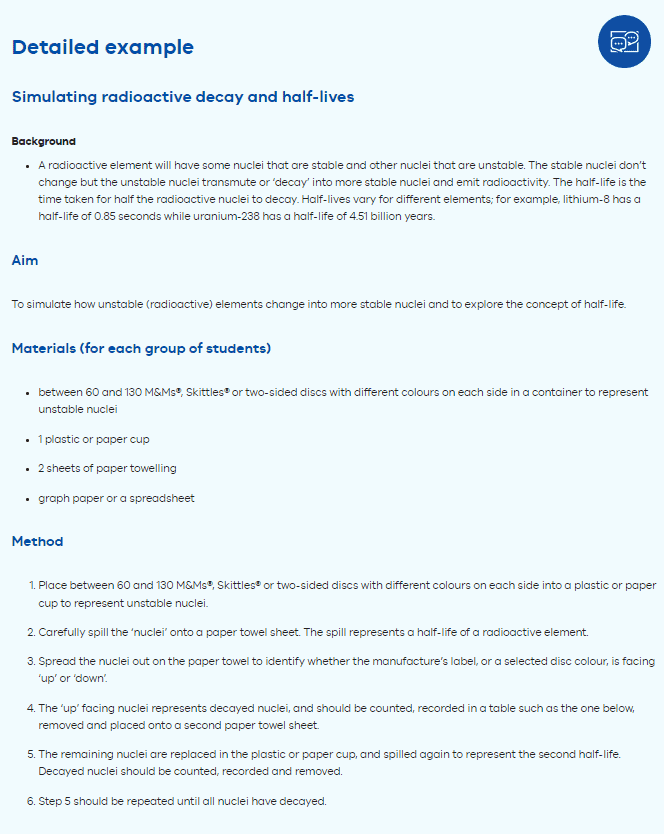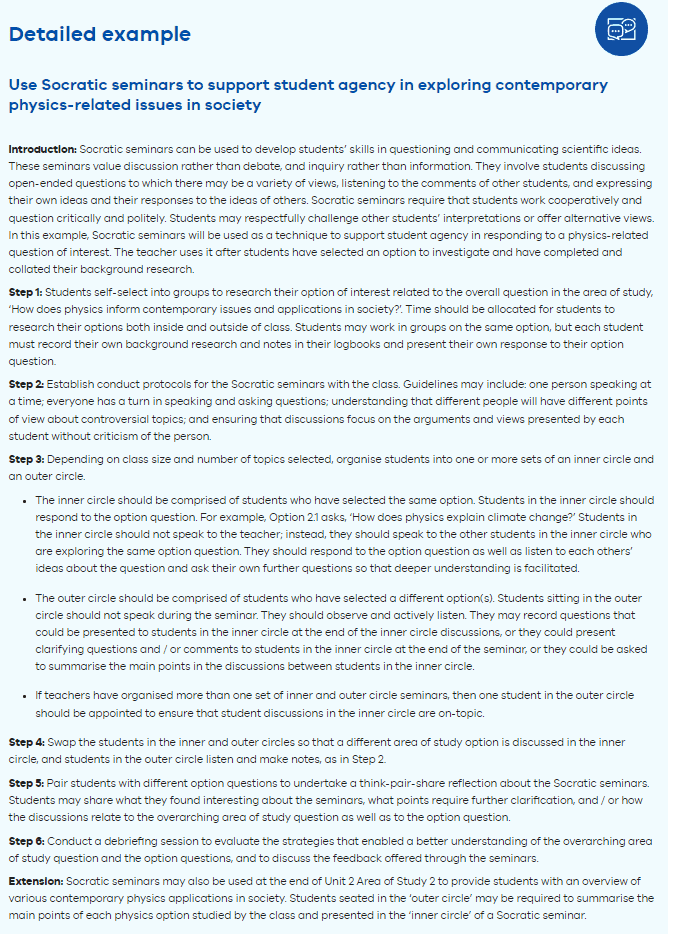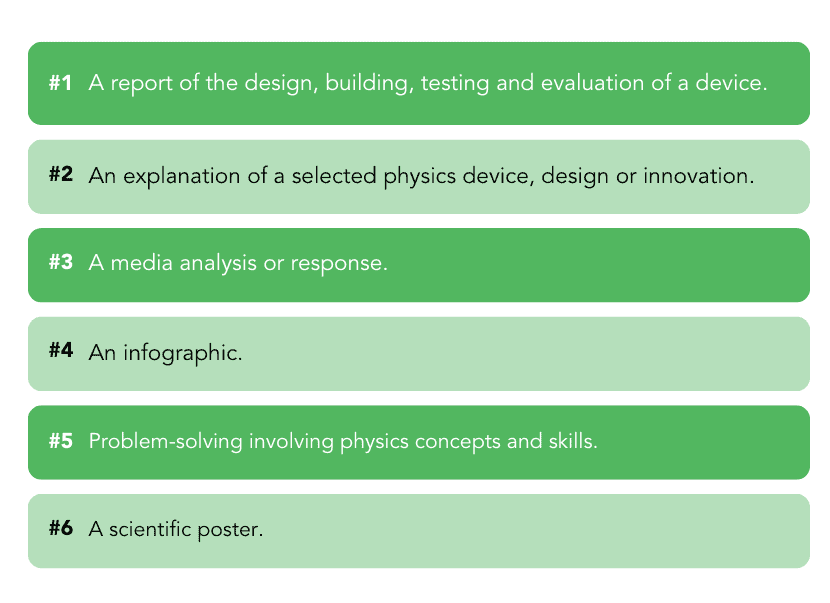VCE Physics Unit 1 and 2 is quite an intimidating subject for new VCE students. It requires knowledge of Maths and Chemistry, while being quite difficult to understand and get the hang of.
Not sure if VCE Physics is for you? Here is a complete guide on how to select VCE subjects!
But don’t you worry, today we’ll run through the content for the first year of VCE Physics study, to make the subject just that little bit easier!
Let’s get started!
What are the Key science skills for VCE Physics Unit 1 and 2?
Unit 1: How is energy useful to society?
Unit 2: How does physics help us to understand the world?
Could I Face Any Other Types of Assessments in VCE Physics Unit 1 and 2?
What are the Key Science Skills for VCE Physics Unit 1 and 2?
Science skills have been made a central focus in the new VCE Physics Study Design. You will be given to opportunity to learn, use and develop science skills throughout each unit .
VCE Physics requires you to use the following skills:
Teachers are encouraged to use a variety of learning activities and assessment tasks that allow you to demonstrate key science skills and key knowledge.
There are 8 different scientific investigation methodologies that are recommended. VCAA uses a more general approach to reflect the nature of modern scientific investigation, which tend to be more open-ended.
#1: Case Study
You will be investigating situations or issues that contain a real or hypothetical situation. It must include the complexities that would be encountered in the real world.
You must include recommendations to be made. Requirements for the recommendation will change for each case.
#2: Classification and identification
Classification involves organising complex situations or phenomena into a more manageable form.
Identification requires you to recognise occurrences as belonging to something.
#3: Experiment
The process of testing a known fact or hypothesis.
It usually means exploring an independent and dependent variable and how they relate.
#4: Fieldwork
You’ll explore an issue at a specific location in order to investigate a problem.
The data that contributes to your investigation will come from the specific location. This may be used to solve an issue or explain it.
#5: Literature review
Secondary data from other people, findings and viewpoints will be collected to solve a question or provide information.
Literature reviews tend to explain a concept and how it works. They can also be used as preparation for an investigation.
#6: Modelling
Modelling is the construction of a model that represents an object, concept, or a system.
This requires mathematical equations and the use of variables to make predictions. These will lead to the development of the model.
#7: Product, process or system development
The Study Design outlines that this investigation requires you to design something to meet a human need.
You will be required to use technology in addition to scientific knowledge and procedures.
#8: Simulation
Studying the behaviour of a real or theoretical system. These typically account for the uncontrollable variables that occur in a real system.
Overall, you may be wondering why you need to know all of these types of scientific investigation? Continue through the article to see how models for scientific investigation are central to the curriculum of VCE Physics!
Unit 1: How is energy useful to society?
In this unit you will look at light, thermal energy, radioactivity, nuclear processes and electricity, while applying them to present day societal issues like climate change, medical treatment, electrical home safety and Australian energy needs.
Area of Study 1: How are light and heat explained?
Content
You will study light using the wave model and thermal energy, to form an understanding of ideas like reflection, refraction and dispersion. As well as how light and thermal energy relate to one another.
These concepts will be applied to real word scenarios such as mirages and rainbows. They can also be used to explain how physics is used to inform climate change!
Assessment Example
To complete this unit, you should be able to model, investigate and evaluate light, thermal energy, their wave-like nature and the emission and absorption of light. This will be done by drawing on the related science skills outlined above.
Here is an example assessment that you may complete for this Area of Study. The extract has been provided by VCAA.
It is important to note how much of the assessment VCAA leaves for the teacher to decide. The open nature of the assessments will require students to have an in depth, thorough knowledge of the content.
Area of Study 2: How is energy from the nucleus utilised?
Content
In this area of study you will expand upon your understanding of energy from the nuclei of atoms, including the properties of radiation from the nucleus and the effects of such radiation.
The real world applications of this topic will be explored through nuclear energy and medical therapy.
Extend your content knowledge by mastering the Physics formula sheet!
Assessment Example
The extract has been provided by VCAA.
You should notice the differences between the assessment in Area of Study 1 and 2. Also refer back to the details of each scientific methodology. It is important to understand the varying nature of assessments that you will approach in VCE Physics.
Area of Study 3: How can electricity be used to transfer energy?
You will create theoretical models to depict electrical phenomena, explore circuit components, electrical safety, mathematical models and the use of transducers to transfer energy.
The whole topic is very applicable to the real world, so all the content will revolve around application to scenarios and examples. A lot of students can find this tricky. The secret is to really understand the what, how and why of each theory, and as always, practice!
Unit 2: How does physics help us to understand the world?
Area of Study 1: How is motion understood?
You will investigate the ways in which forces are involved both in moving objects and keeping objects stationary, applying the concepts to real scenarios of motion.
This will be done graphically, numerically and algebraically, to display energy and motion, consider forces effect on motion, as well as translational and rotational forces.
Assessment Example
Case Study: Discuss how Robert McNeill Alexander explained the importance of inertial forces versus gravitational forces in determining which gaits land animals use to move at different speeds and to predict the gait and speed of dinosaurs.
– Extracted from VCAA.
Area of Study 2: How does physics inform contemporary issues and applications in society?
In this area of study, you will choose one of eighteen options to investigate. You will use physics to investigate the topic and create a stance, response or solution to the issue.
The eighteen choices are as follows:
- How does physics explain climate change?
- How do fusion and fission compare as viable nuclear energy power sources?
- How do heavy things fly?
- How do forces act on structures and materials?
- How do forces act on the human body?
- How is radiation used to maintain human health?
- How does the human body use electricity?
- How can human vision be enhanced?
- How is physics used in photography?
- How do instruments make music?
- How can performance in ball sports be improved?
- How can AC electricity charge a DC device?
- How do astrophysicists investigate stars and black holes?
- How can we detect possible life beyond Earth’s Solar System?
- How can physics explain traditional artefacts, knowledge and techniques?
- How do particle accelerators work?
- How does physics explain the origins of matter?
- How is contemporary physics research being conducted in our region?
– Extracted from VCAA.
Want help with picking a topic? It’s simple, just choose what you are interested in. There is no ‘harder’ or ‘easier’ topics. Just interesting and boring ones!
Assessment Example
What this Area of Study actually requires you to do can be quite confusing. My recommendation is to find as many examples of what you should do as possible. Find the patterns, see what they do well or poorly.
Extracted from VCAA.
Again, notice how different the structure of this assessment is from the others? Although they may overlap, each should still be approach differently!
Need more content to help you study? Here are all the past VCE Physics exams!
Area of Study 3: How do physicists investigate questions?
A student-adapted or designed scientific investigation is undertaken in this area of study. It involves attaining primary data, the use of key science skills and knowledge from Unit 2.
This involves developing a research question, which may relate to a range of different scientific methodologies like experiments, product process or system development, modelling and fieldwork.
Could I Face Any Other Types of Assessments in VCE Physics Unit 1 and 2?
Obviously, assessments for Unit 1 and 2 VCE Physics are school-based, meaning teachers have a lot of choice in how they can test your knowledge. Apart from the scientific methodologies, here are some other ways you can be assessed in this unit:
Get help with our article on how to make a scientific poster for VCE Physics!
That’s all!
Hopefully VCE Physics seems a little less daunting. Yes, the assessments can seem very daunting, but I promise they are much easier – and enjoyable – than they seem. Physics is really interesting, so a lot of the time the study won’t feel like too big of a deal, mostly because you’re having fun!
Remember, Physics will take a while to get the hang of. It’s unique, there’s nothing like it, and it requires a lot of skill. Don’t be too harsh on yourself, give it time.
Physics was one of my worst subjects in Term 1 of Year 11, but by Term 4 it was my best and favourite too.
Need additional Physics assistance? Try these articles!
Are you looking for some extra help with VCE Physics?
We have an incredible team of VCE tutors and mentors!
We can help you master your VCE subject study designs and ace your upcoming VCE assessments with personalised lessons conducted one-on-one in your home or online!
We’ve supported over 8,000 students over the last 11 years, and on average our students score mark improvements of over 20%!
To find out more and get started with an inspirational VCE tutor and mentor, get in touch today or give us a ring on 1300 267 888!
Max Huyton is the VIC Growth Marketer for Art of Smart and a Laws and Commerce student at Monash University. In his other life, Max spends his time reading and writing whenever he gets the chance and cooking extremely mediocre dishes for friends and family.


